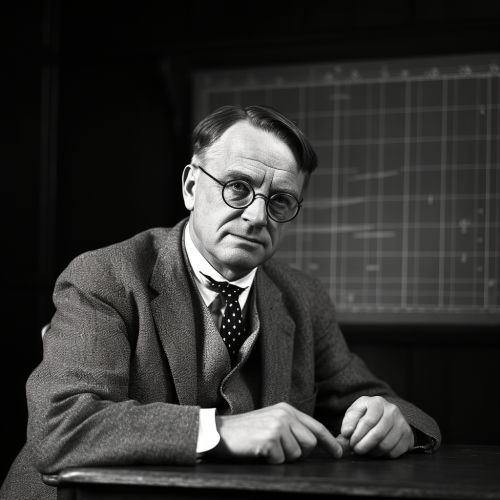John Bell
Early Life
John Bell was born in the mid-20th century in Northern Ireland. He showed an early interest in quantum physics, which would later become his field of expertise.
Education
Bell attended the Queen's University in Belfast, where he received his Bachelor's degree in Experimental Physics in 1948. He then went on to complete his Ph.D. in Physics at the University of Birmingham in 1956, under the supervision of Rudolf Peierls, a prominent figure in the field of quantum mechanics.
Career
Bell began his career at the Harwell Atomic Energy Research Establishment in England, where he worked on nuclear reactor physics and quantum field theory. In 1960, he moved to CERN (Conseil Européen pour la Recherche Nucléaire) in Geneva, Switzerland, where he spent the rest of his career.
At CERN, Bell worked on numerous projects, including the development of accelerator technology and the study of particle physics. However, he is best known for his work in the field of quantum mechanics, particularly his work on the concept of Bell's theorem.
Bell's Theorem
Bell's theorem is a significant contribution to the field of quantum mechanics. It states that any physical theory which includes "local hidden variables" cannot reproduce all the predictions of quantum mechanical theory. This theorem has been instrumental in the development of quantum information theory and quantum computing.
Later Life and Legacy
Bell continued to work at CERN until his retirement in 1990. He passed away in 1990, but his work continues to have a significant impact on the field of quantum mechanics. His theorem has been the basis for many experiments and has helped to shape our understanding of the quantum world.


